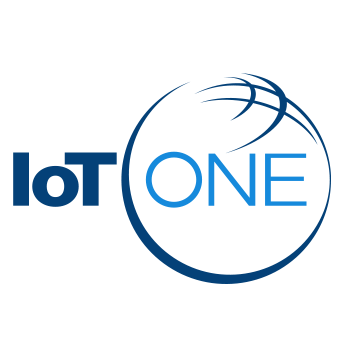Suppliers
South Africa
Comsol
Overview
SUPPLIER
MANAGED
 |
ComsolConnected without Limits |
| South Africa | |
| 1997 | |
| Private | |
| $10-100m | |
| 51 - 200 | |
| Open website |
IoT Snapshot
Technology Stack
Case Studies
Number of Case Studies50
|
Making Biofuel A Costeffective, Renewable Source of Energy
The production process of biofuels from plant-based materials poses significant economic barriers to widespread use. Despite the benefits of biofuels being renewable, clean-burning, and carbon-neutral, their availability is limited, particularly for vehicle use. As of 2014, only 2% of retail fueling stations in the U.S. offered ethanol-based fuel E85. The National Renewable Energy Laboratory (NREL) aims to overcome these barriers by gaining a better understanding of the physical processes behind biofuel conversion. Supported by the Computational Pyrolysis Consortium, NREL is developing computational models that accurately represent biomass particle geometry to improve reactor design and operation for mass production of biofuel. |
|
|
Revving up Electrohydraulic Power Steering with Virtual Prototyping
Designing an electrohydraulic power steering (EHPS) system involves managing numerous interrelated components, where minor adjustments can significantly impact the system's function, efficiency, and reliability. The complexity of the system, which includes an electronic control unit (ECU), torque sensor, valve, and pipe system, requires a detailed understanding of how each part interacts. Traditional validation and physical testing methods are expensive and time-consuming, often taking up to six months. This slow process is not conducive to the fast-paced design cycles required in the automotive industry. Therefore, there is a need for a more efficient method to refine and optimize EHPS designs before moving to physical testing. |
|
|
Researching a New Fuel for the HFIR: Advancements at ORNL Require Multiphysics Simulation to Support Safety and Reliability
The High Flux Isotope Reactor (HFIR) at Oak Ridge National Laboratory (ORNL) is undergoing a conversion from highly enriched uranium (HEU) to low-enriched uranium (LEU) fuel to meet the Global Threat Reduction Initiative's requirements. This conversion presents a complex challenge due to the unique fuel and core design of the HFIR, as well as its high power density. The primary challenge is to ensure that the new LEU fuel can maintain the reactor's performance, safety, and reliability. Researchers need to evaluate the impact of the fuel change on various aspects such as neutron scattering, isotope production, irradiation experiments, and neutron activation analyses. Additionally, the HFIR will need to operate at a higher power level (100 MW) to maintain the same neutron flux, which increases the demands on the reactor's thermal margin and safety. |
Similar Suppliers
Number of Similar Suppliers5
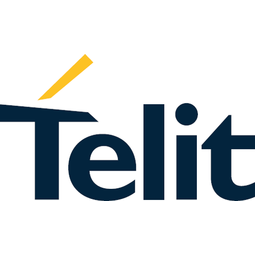 |
Telit
Telit offers the industry’s broadest portfolio of integrated products and services for end-to-end IoT deployments – including cellular, GNSS, short-to-long range wireless modules, IoT data plans, and IoT platform services that allow companies to seamlessly connect edge devices and feed data directly into apps and/or enterprise systems, enabling real-time, actionable insights to improve business operations. |
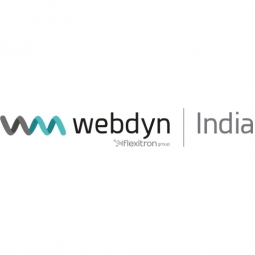 |
Webdyn
Webdyn is the brand of Flexitron Group dedicated to design and manufacture industrial IoT solutions, routers, modems and gateways for wireless communication GSM (LTE / 4G / 3G / 2G), wired (RS232, RS485, Ethernet or CAN) and short-range wireless (Bluetooth) , Wi-Fi or LoRa).With more than 30 years of experience, Flexitron Group provides the best technological devices and services through its subsidiaries, developing connected solutions adapted to international markets and customers.We designed our product portfolio to help our partners access opportunities within the rapidly growing IoT and Industrial IoT environment. We propose IoT modems, gateways and routers for all your IoT applications. From automation, metering or photovoltaic, to public transport connectivity – hundreds of thousands of our networking devices are currently at the heart of our partners’ IoT solutions. |
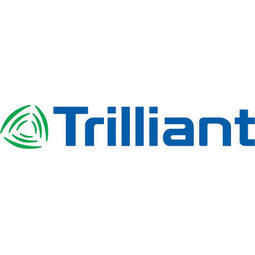 |
Trilliant
Trilliant is a leader in delivering intelligent networks that enable the transition to the Smart Grid. Trilliant offers a combination of hardware, software and services that serve as the nervous system of the Smart Grid. Since its founding in 1985, the company has been a leading innovator in the delivery and implementation of advanced metering infrastructure (AMI), demand response, and grid management solutions. Trilliant also offers installation, program management and meter revenue cycle services. Trilliant focuses on providing an array of flexible and robust options for utility companies, ranging from meter, network and IT infrastructures to full or hybrid outsource models. |
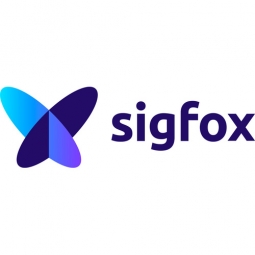 |
SigFox
SIGFOX is the provider of dedicated cellular connectivity for the Internet of Things and Machine-to-Machine communications. The company’s network complements existing high-bandwidth systems by providing economical, energy-efficient two-way transmission of small quantities of data, thus lowering barriers to wide implementation of IoT and M2M solutions, and greatly extending the battery and service life of connected devices. SIGFOX‘s global network is deployed through the SIGFOX Network Operator? partnership program, with more than four hundred thousand square miles already covered. The company is headquartered in Labège, France, and has offices in Mountain View, Calif., and Madrid, Spain. |
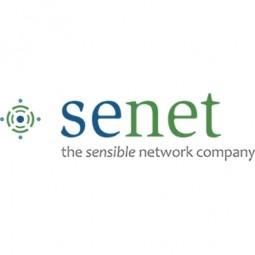 |
Senet
Senet's cost-effective, highly-scalable LPWAN network enables companies to capitalize on opportunities in the rapidly growing Machine-to-Machine (M2M) Internet of Things (IoT) landscape. |


